During the divorce process, dividing marital assets can often lead to conflict, especially if it involves an inheritance. One spouse may have received an inheritance from a parent or another family member. Should that property be shared with the ex-partner, or does the spouse who received it have the rights to keep it all? How should inheritance be dealt with in a divorce settlement in Australia?
A Consent Order
The simplest and most stress-free way for two former spouses to come to an amicable agreement regarding any property settlement, including inheritance, is through a consent order. It is only after both parties have tried to negotiate and are unable to agree that the issue will go to the family court. The court will then decide how the inheritance in a divorce settlement is divided. In Australia, there are several factors to consider before deciding how much each spouse will receive.
When Was the Inheritance Received?
The biggest factor for inheritance during a divorce settlement in Australia is when the property was received.
Before
An inheritance received by one party prior to the relationship or around the time the relationship commenced is more likely to be treated as an initial financial contribution to the relationship or marriage. It will not be separated from the asset pool upon divorce.
During
If the inheritance was received during the relationship or marriage, its distribution depends on how the money was used as well as the intentions of the benefactor. For instance, if the money was used for family holidays, improving the family home and other day-to-day family expenses, what is remaining will be treated as a financial contribution by the spouse who received it.
Late or After
Any inheritance received late in the relationship (towards the end) or after separation will not be viewed as a financial contribution to the asset pool.
If you have received an inheritance before, during or after your relationship and your hope is to retain the full amount, speak to a divorce lawyer about the chances of this happening.
What Were the Intentions of the Benefactor?
When looking at inheritance during a divorce settlement, the family court in Australia will also look at the intention set out by the benefactor.
For instance, if the benefactor’s intent was for the inheritance to benefit the entire family, it will most likely be regarded as part of the joint asset pool. However, if the property was intended to only benefit the named beneficiary and if that party kept it separate from other assets, then it would be treated as separated from the joint asset pool. Ultimately, the court will look at the evidence to support the intentions of the amount before deciding on how it will be distributed.
The court will also look at the relationship between both spouses and the benefactor. For example, if the benefactor either lived or had been cared for by both parties, the inheritance will most likely be considered part of the joint asset pool.
Size of the Asset Pool
The size of the asset pool compared to the size of the inheritance received can influence the way the property is dealt with during a divorce settlement in Australia. If the size of the asset pool is smaller than the inheritance, and the division of the asset pool (excluding the inheritance) is inequitable, a late inheritance may be included in the asset pool for distribution.
Speak to a Lawyer About Your Inheritance and the Divorce Settlement Process in Australia
The distribution of inheritance during a divorce settlement in Australia is completely circumstantial and many factors must be considered. Whether you are attempting to resolve this issue out of court or you are after legal representation in court, we can help. Our team of expert family lawyers are highly experienced in all divorce situations. Please get in touch to see how we can help you.



